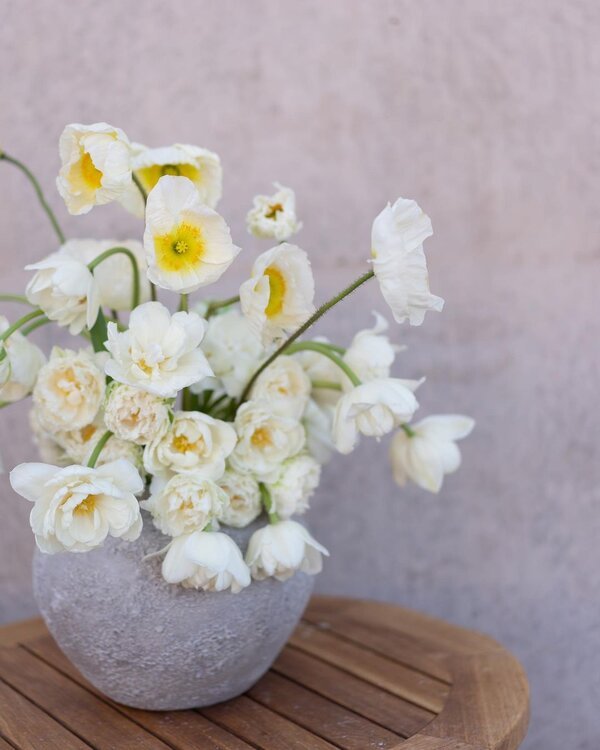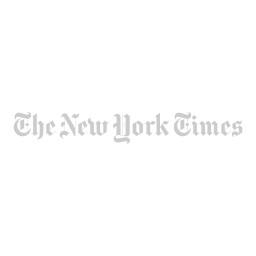And what it sometimes looks like.
Wedding editorial in Vogue Noiva Brasil. Photography by Rafael Pavarotti.
Last Monday, George Floyd, a Black man, was murdered by Minneapolis police. That same day, Dion Johnson, a Black man, was murdered by Phoenix police. Last Wednesday, Tony McDade, a Black man, was murdered by Tallahassee police.
All of these men deserved long, joyful, fulfilling lives.
The protests that have occurred in the United States (and around the world) over the last 10 days are not just about George Floyd, they are about the fact that Black lives being cut short in this manner happens all the time, and has for decades, and nothing has been done about it.
The wider cultural conversations about this also brought about conversations about racism in the wedding industry.
Several years ago, I cut ties with an organization after their conference producer complained that many of the Black attendees registering were "not the good kind" and "pretty ghetto" and continued to say other things that I won’t repeat here.
They knew what they were saying was racist because they dropped their voice to a whisper on certain words, like “ghetto.”
It feels grossly self-congratulatory to share this, so I never did.
I recently read a study though that said people posting charitable donations online causes others to donate who weren’t planning to. While this isn’t about a financial donation, my hope is that the same behavioral psychology will apply and that others will take similar stances in whatever situations they’re in.
If you want the wedding industry to change, then who you choose to work with matters. Some checks are not worth cashing.
In the example above, the racism was obvious, but that’s not always the case, especially when it comes to our own biases.
I don’t believe that racism exists on a spectrum – microaggressions can be just as damaging as overt acts of hate, especially since they compound over time.
I do believe that self-awareness of our own racism exists on a spectrum.
The obvious racism is, well, obvious – and yes, it exists in the wedding industry.
The day-to-day racism in the industry is far more subtle, and because we don’t think of ourselves or our friends as being capable of racist tendencies, we don’t recognize when they come up.
We see a wedding magazine editorial featuring a beautiful Black model in a stunning gown and are happy to see more women of color being featured, but we gloss over the fact that the photo shoot happening on a plantation and the editor choosing to have the “bride” hold a cotton bouquet is incredibly painful for many people whose family members were whipped, beaten, raped, and killed by slave owners.
It is as unreasonable and offensive to expect an African-American person to “get over” the painful history of slavery as it is to expect a Jewish person to “get over” the painful history of pogroms and the Holocaust.
Not having to think about this is a privilege a huge group of our industry colleagues aren’t afforded and because of that we unintentionally make marketing and business decisions that are racist and hurtful.
We would never even dream of saying the “n-word” but the words that slip out (“gypped,” “Jew-down,” “tranny”) are so culturally engrained that we don’t recognize them for the racist and bigoted remarks they are.
I talked to a wedding planner this week who realized she rarely works with Black wedding pros, not on purpose, but just because she had never given it thought. When she realized this, she felt awful, acknowledged it was a self-awareness issue on her part, and immediately got to work researching and vetting reputable Black-owned companies she can hire.
There are thousands of talented Black wedding professionals who can do just as good a job or better as any other wedding pro. If you don’t know who they are, start paying attention.
The Munaluchi Bride instagram is a good place to begin. If you want to attend a high-quality wedding conference that has brought together multicultural wedding professionals since day one, sign up for Coterie Retreat.
Maybe none of this describes you. Maybe you have reached peak awareness and have zero unexamined biases. Amazing.
If you’re like me, though, you have an entire lifetime of growing up in a country that was once a colony. You watched television shows and read books that may have been “diverse” when it came to optics but still centered storylines with experiences you could relate to. Any confidence issues you had were tied to general insecurities and not how people reacted to your hairstyle or skin color. The property value taxes in your neighborhood had never been limited by redlining and so you were able to attend relatively well-funded schools.
If we want the wedding industry to become better, if we want the world to become better, we can’t just condemn the racist murders of Black people. That is the easy part.
We also have to recognize that becoming self-aware of our own unrecognized biases and blind spots is a continual process of unrooting and examining what we’ve been taught and the information we’ve taken in over the years.
Until we commit to doing the work that process requires, we will continue to make decisions that are harmful to others and we will continue to unwittingly contribute to the racism in the wedding industry.
Written by
LIENE STEVENS
Liene Stevens, the founder and CEO of Think Splendid, is an author, speaker, and award-winning business strategist. Armed with $2000, a healthy work ethic, and an undeserved dose of privilege, Liene bootstrapped Think Splendid from a scribble in a notebook to a successful wedding business consulting firm with a client list spanning 94 countries.




















